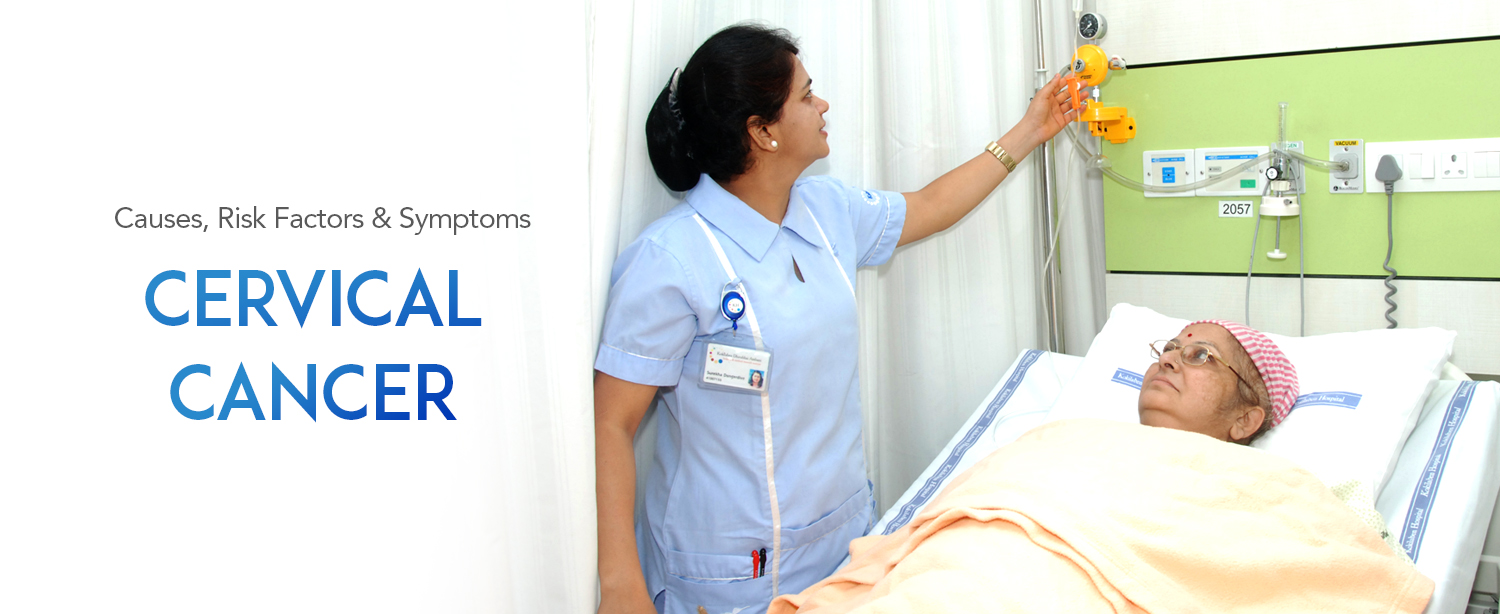What causes Cancer Cervix?
The causative factor for cervical cancer is a virus called Human Papilloma Virus (HPV), which causes over 99% cases of cervical cancer. This virus is transmitted through sexual contact. There are over 90 types of HPV viruses which have been identified. These are categorized into Low risk /high risk depending on there ability to cause cervical cancer. Women with persistent infection with High risk types are likely to develop cervical cancer
What are risk factors for developing cervical cancer?
Sexual intercourse at an early age, multiple sexual partners, multiple childbirth, smoking and weakened immune system are known risk factors associated with the development of cervical cancer.
Is it preventable?
Cervical cancer is definitely preventable, as there is an effective screening test available to detect precancerous changes which can be treated and progression to cancer can be stopped.
What is screening?
Screening is looking for cancer before you have symptoms. It is a test which helps us to diagnose the precancerous changes or cancer early and hence the disease can be treated more effectively.
What are the screening tests available for cervical cancer?
Worldwide cervical cytology (Pap smear) is used as a screening test for cervical cancer.
Current evidence also points effectiveness of HPV- DNA testing as a screening test for cervical cancer.
What is a Pap smear test?
It is a simple outpatient procedure in which cells will be collected from the cervical surface by scrapping and will then be evaluated by Pathologist to see if abnormal cells are present. Depending on the result further evaluation is planned.
When should I get myself tested?
As per international recommendations, one should start getting regular Pap tests at age 21, or within three years of the first time you have sex, which ever happens first. The Pap test is one of the most reliable and effective cancer screening tests available.
It is vital for women over 30 yrs to be part of the screening programme. The screening initially is done at yearly interval and after three negative smears the interval can be increased. It is also important to follow-up results of the test, after you have done a Pap smear
What are the signs and symptoms of cervical cancer?
Following are some of the symptoms of cervical cancer: –
- Abnormal bleeding-.
- Unusual heavy discharge-
- Pelvic pain
- Pain during urination-
- Bleeding between regular menstrual periods, after sexual intercourse or douching.


